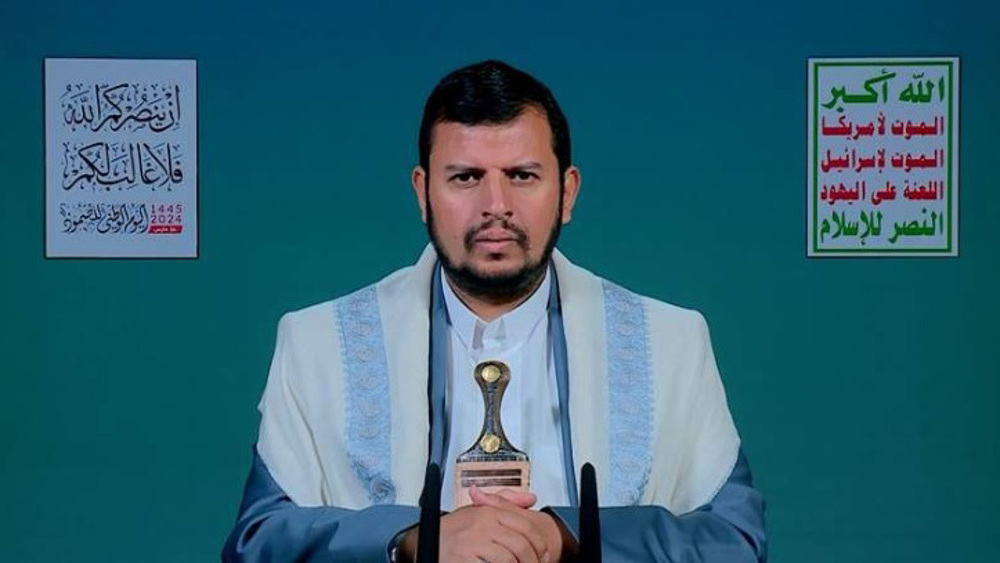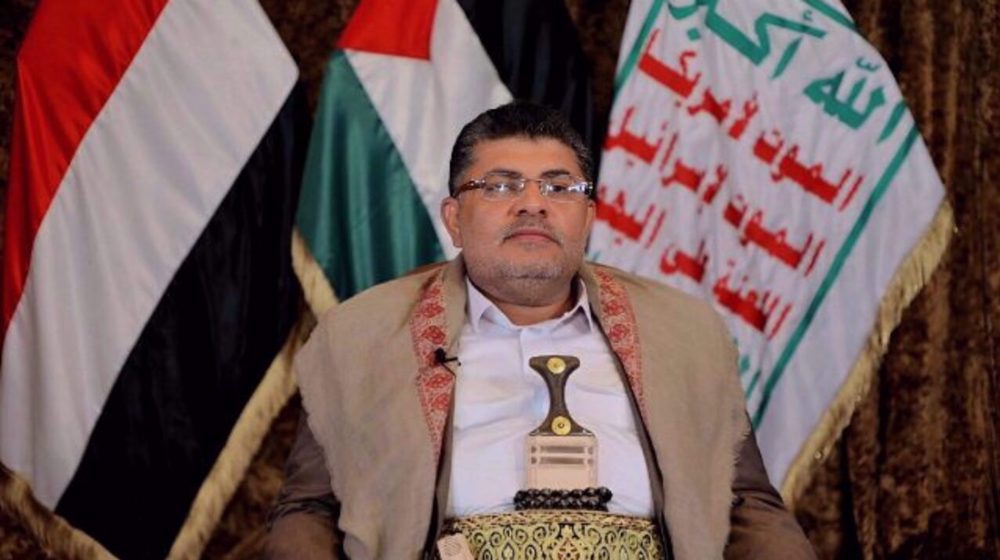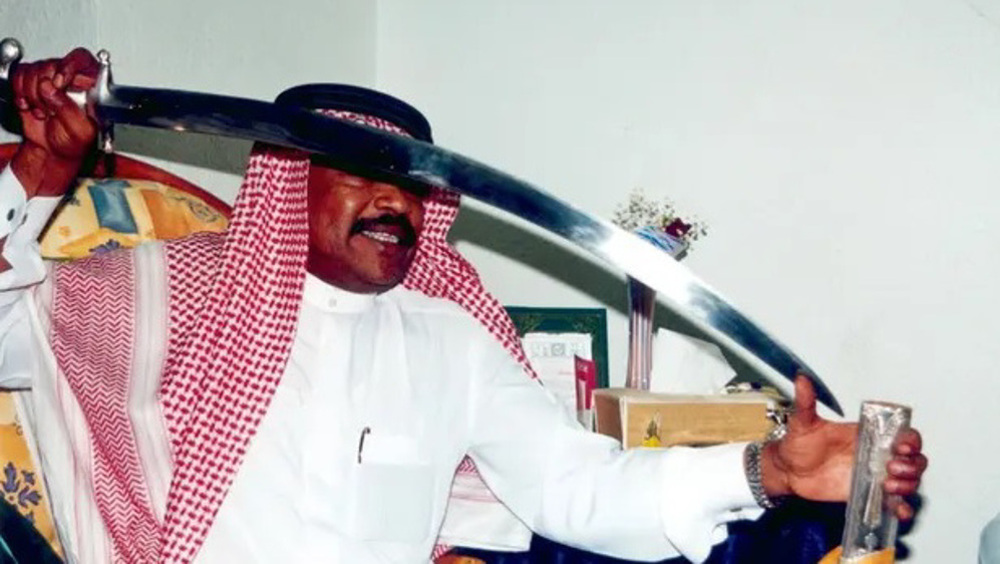Saudi Arabia picks UK firm to make e-bracelets for pilgrims
Saudi Arabia has reportedly awarded the British security firm G4S a deal to make electronic bracelets for millions of pilgrims who have to wear them while travelling to Mecca to perform the annual Hajj.
According to Saudi officials, the pilgrims should wear the device upon arriving in the country until they leave it. The high-tech measure, they say, will help authorities provide care “and identify people.”
The British security group maintains close cooperation with the Israeli spy agencies. The bracelets will contain personal and medical information which can be accessed by security and services bodies via a smartphone.
According to the Saudi Gazette newspaper, wristlets are resistant and connected to a GPS location system.
The electronic bracelet was introduced by the Saudi government late June. It followed a stampede last year in which thousands of pilgrims lost their lives.
Saudi authorities have also installed more than 800 surveillance cameras at the Grand Mosque in the holy city of Mecca.
Cameras have been installed at Mecca's Grand Mosque and will be linked to control rooms staffed by special forces monitoring pilgrim movements during Hajj rituals.

Saudi Arabia has come under harsh criticism over its handling of the Mina incident and critics have said the country is incompetent to host the annual Hajj congregation.
The crush of last year occurred after two large masses of pilgrims converged at a crossroads in Mina during the symbolic ceremony of the stoning of Satan in Jamarat on September 24, 2015.
Saudi Arabia claims nearly 770 people were killed in the incident, but Iranian officials say about 4,700 people lost their lives in the tragedy. The number of the Iranian fatalities is at least 464, the highest toll among all countries.
The tragedy came days after a massive construction crane collapsed into Mecca’s Grand Mosque, killing more than 100 people and leaving over 200 others wounded.
According to figures by Iran’s Hajj and Pilgrimage Organization, 11 Iranian pilgrims were killed and 32 others injured in the incident.
Following the tragedy, Saudi King Salman praised Saudi authorities for holding a “successful” Hajj.
This year, Iran has said it will not participate in the Hajj pilgrimage because of “obstacles” created by Saudi Arabia, among them its failure to guarantee the safety of Hajj pilgrims.

Iran’s decision came after Riyadh failed, following lengthy negotiations, to address the Islamic Republic’s concerns regarding the safety and dignity of its nationals during the Hajj pilgrimage.
Senior Iranian officials have slammed Riyadh for manipulating Hajj for its own “political” goals.
Head of Iran’s Hajj and Pilgrimage Organization Saeed Ohadi said on Wednesday that Saudi Arabia continued to withhold all cooperation toward compensating the victims of last year’s deadly crush.
The Iranian official said earlier that the country would spare no effort to restore the rights of the victims.
NYT: Don’t use words ‘genocide,’ ‘ethnic cleansing’ in Gaza war coverage
Iran hit Israeli military, intelligence bases linked to Syria attack: FM
VIDEO | Israel Gaza aggression
How Iranian missiles and drones evaded Israel’s much-hyped air defenses
70,000 pro-Palestine people in UK urge London to end arms exports to Israel
VIDEO | Gaza, Hezbollah, and decline of Zionism
Iran Greco-Roman wrestlers win Asian championship
Gaza authorities slam Israel for torturing Palestinian children














 This makes it easy to access the Press TV website
This makes it easy to access the Press TV website